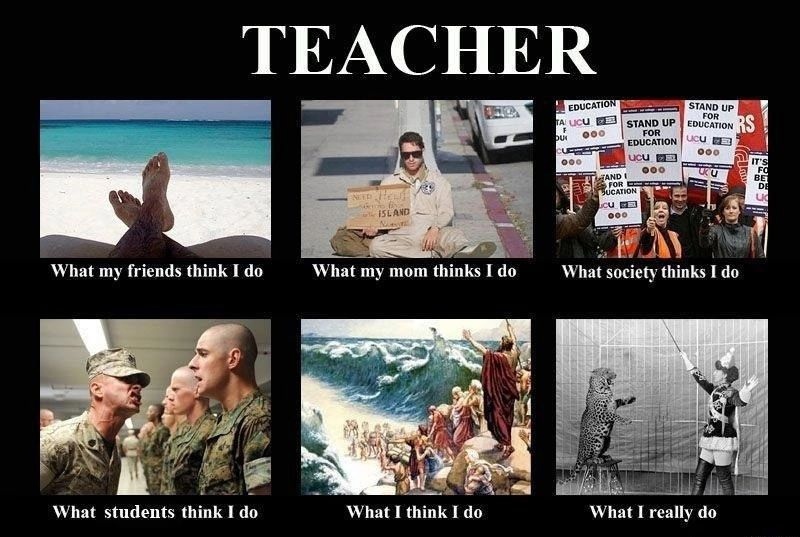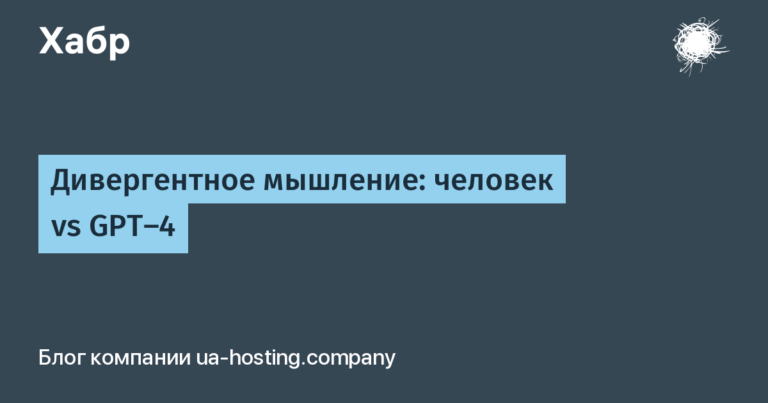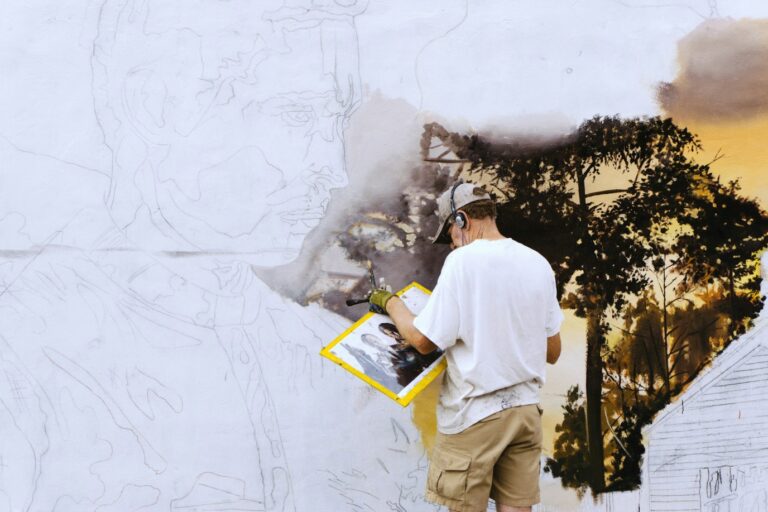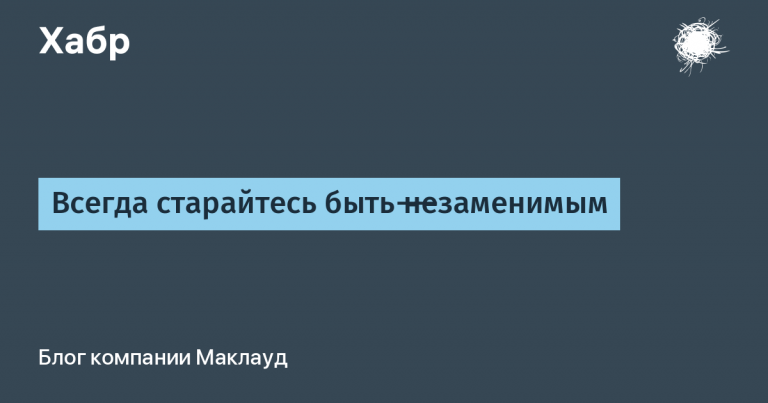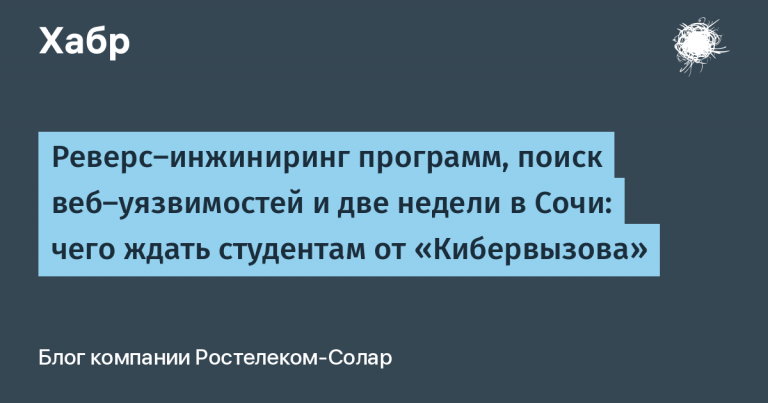Do you need a foreign language teacher?
There is a belief among amateur musicians: you don’t need a teacher, because the Internet is full of leaked video courses. In reality, only a teacher can give you the correct hand placement for playing an instrument, and this correct placement is more important than the ability to play fancy passages. “What nonsense??” – an amateur musician will say. – The whole point is to play what you like! What difference does it make how your hands are positioned??
The difference is that incorrect hand placement (in addition to quickly fatigue and injury) limits your technique. To a certain extent, you sound as if you are no worse than professionals, but: 1) you get confused more often; 2) at some point you will hit a wall and progress will become minimal. To advance further, you will have to find a teacher and start from the basics. (For “chord-by-the-campfire” songs, yes, YouTube lessons are quite enough.)
After years of using a computer, people tend to type quickly. But real speed and quality of working with the keyboard can only be achieved by touch typing. And no matter how many years you have been typing before, you will have to start from scratch. Those who waste time on this end up losing more. But it only takes 3-4 weeks for your fingers to remember where which key is and start touch typing! Yes, at first it’s slower (than looking at the keyboard), but every day it gets faster. And very soon it’s simply more convenient to go blind!
A foreign language teacher is needed, first of all, to get grammar right – this is a masterful job, only a few can do it. One day a student at a Moscow university told me: “When I think about tenses, I start to get confused and can’t say anything at all. Without grammar it’s easier for me – it’s enough for work. I need practice.” Well, yes, slogans appear for a reason: “Down with boring grammar! To speak, you need to speak.”
This smacks of the courtyard wisdom: “to be able to fight, you have to fight.” I don’t argue that yard bullies really develop good skills over time. But the efficiency of working with a strong boxing coach is many times higher (and the health risks are many times lower). Yes, the beginning is boring: they give you a blow, teach you to move. You spend months doing thousands of slow, careful repetitions before you even START using that punch in sparring! And only here do you begin to understand why absolutely every athlete needs a coach.
And no matter how many years that student has been “practicing,” she will often come up with sentences in the style of “My gym go.” If you want to correct the situation, you will have to find a teacher and start from the very basics. Speaking with grammar control is more difficult, yes. What can I say – at first you will have to slowly, thoughtfully do exercises on translation from Russian to foreign. But every day it will inevitably turn out faster and faster (as with touch typing), until it turns into an unconscious skill.
If your intentions are serious, then a good mentor is also necessary because it will save a lot of time. It does not happen that a person correctly understands the structure of an unfamiliar field of knowledge from the very beginning. Looking back, you see that even in your own profession you underestimated or simply did not understand entire aspects! And over the years you discover new layers of nuances. “If I had understood all this then…” Many only in adulthood, having lost their health and the best years in a dead-end job, realize why they needed to do well at school or get a higher education.
Self-directed learning has been romanticized by celebrated autodidacts. However, in private conversations it often turns out that the base – the base that is the most difficult (and most important!) to obtain – was somehow handed over to them by someone. Without this foundation, everything that follows is crooked. And these self-taught people succeeded not thanks to, but despite the absence of a teacher – due to the outstanding abilities that a few have. To everyone else, the teacher is highly recommended.
How to choose a teacher
PS Now, by the way, you don’t have to learn anything at all: there are cab drivers translator applications, they can also voice. Neural networks are developing.
The main bonus from confident knowledge of a foreign language is an understanding of how languages (primarily your native one) work in principle, which allows you to think more clearly and systematically. The mechanisms of thinking are built into language; a person thinks in the categories of language.
There are life hacks that allow you to quickly “talk” to a person at the level of conveying a thought (“My gym go”). But at a somewhat advanced level, you cannot do without understanding the structure of the language (the principles of sentence construction). There are two main ways to comprehend this structure. It is very important not to confuse them.
New way. Through establishing a grammatical base and studying patterns. Ideal for adults outside the language environment, because an adult cannot [надолго] remember what he doesn't understand.
The old way. Through speaking practice. It has existed since ancient times, when no methodological developments existed, and languages were comprehended in one and only way – a lot of communication with native speakers. Need German? Settled in a German settlement. This is also where the legs of the myth about the effectiveness of communication with native speakers grow.
The “old” method works perfectly with small children. It doesn’t work well with adults, and the tongue is almost guaranteed to become crooked. But with both children and adults, this approach requires daily (!) many hours (!) of practice. Only under these two conditions does an intuitive understanding of the structure of the language emerge in the head (something similar to what native speakers have). If the practice is NOT daily or for many hours, no understanding will be formed, and the skills will remain at a parrot level and disappear after a short break. Well, snippets like 'Where are you from?' will get stuck. or 'What's up?'
To make the “old” and “new” ways complement each other, you will have to give up everything and study only the language. This is implemented more or less successfully in some specialized English and French schools due to a large number of hours (both grammar and practice). Or in a language environment: in any case, there is practice from morning to evening. (Previously, aristocrats had a foreign tutor who looked after the child all day + textbook.)
Advertisements often promise: “Our classes combine grammar exercises and conversation practice!” Sounds very reasonable, but is more difficult to implement than it seems. For “grammar” and “conversation practice” to work together, complemented each other, the teacher should guide the dialogue, it should use recently learned grammatical structures. This only works with individual lessons. It is generally difficult to lead groups according to a clear grammar program: people miss classes for various reasons, are late, are distracted a lot, do not do homework, and learn at different speeds. As a result, “conversation practice” in groups slides down to simple blah blah (the “old” method, ineffective with a small number of hours), and the learning process drags on for years.
How to effectively develop speaking skills
